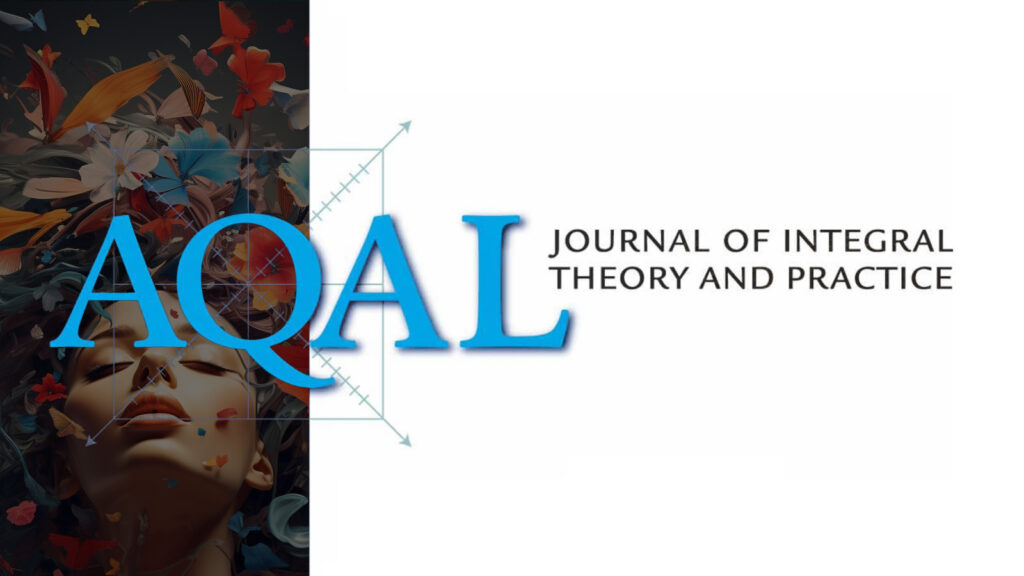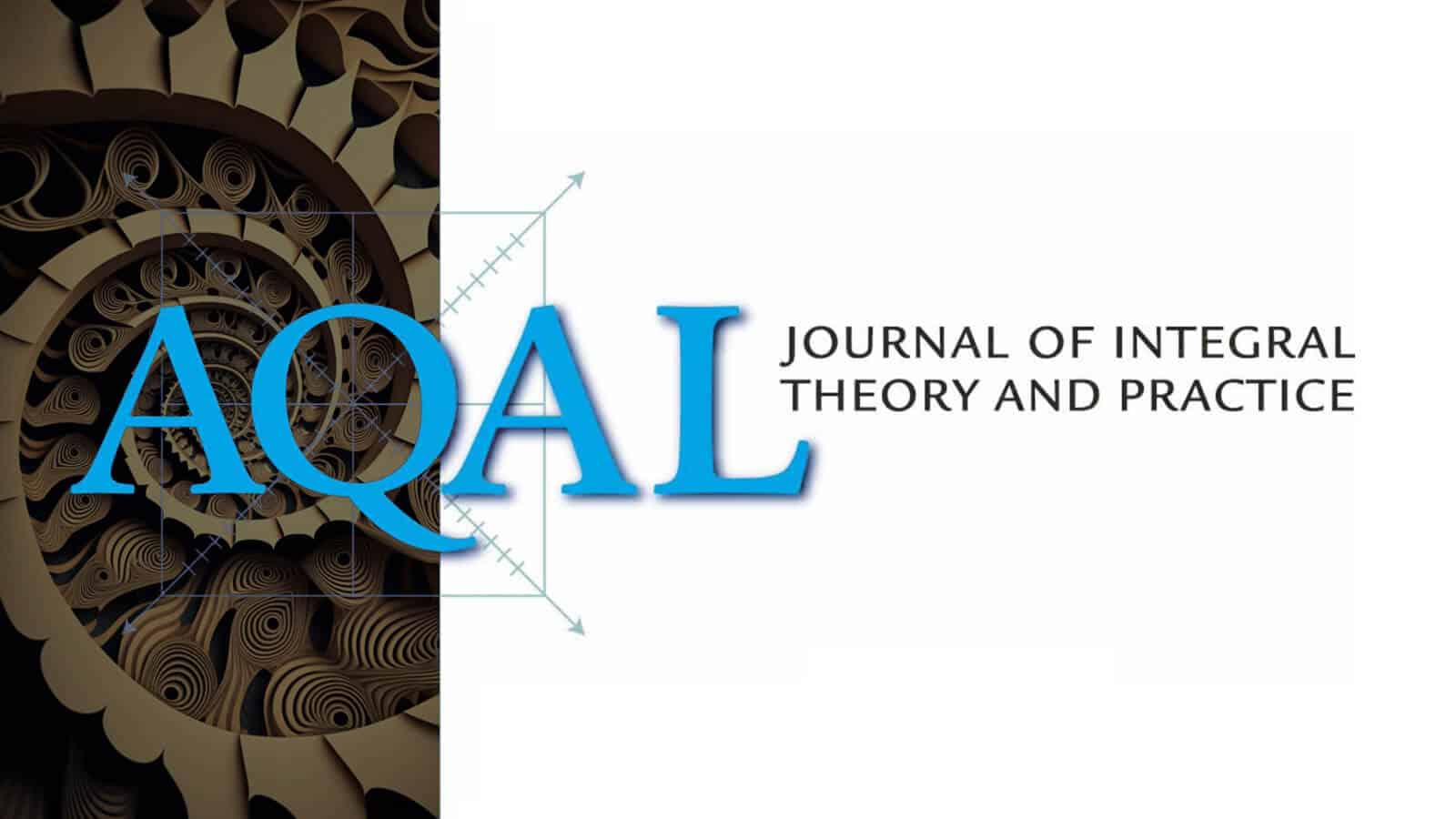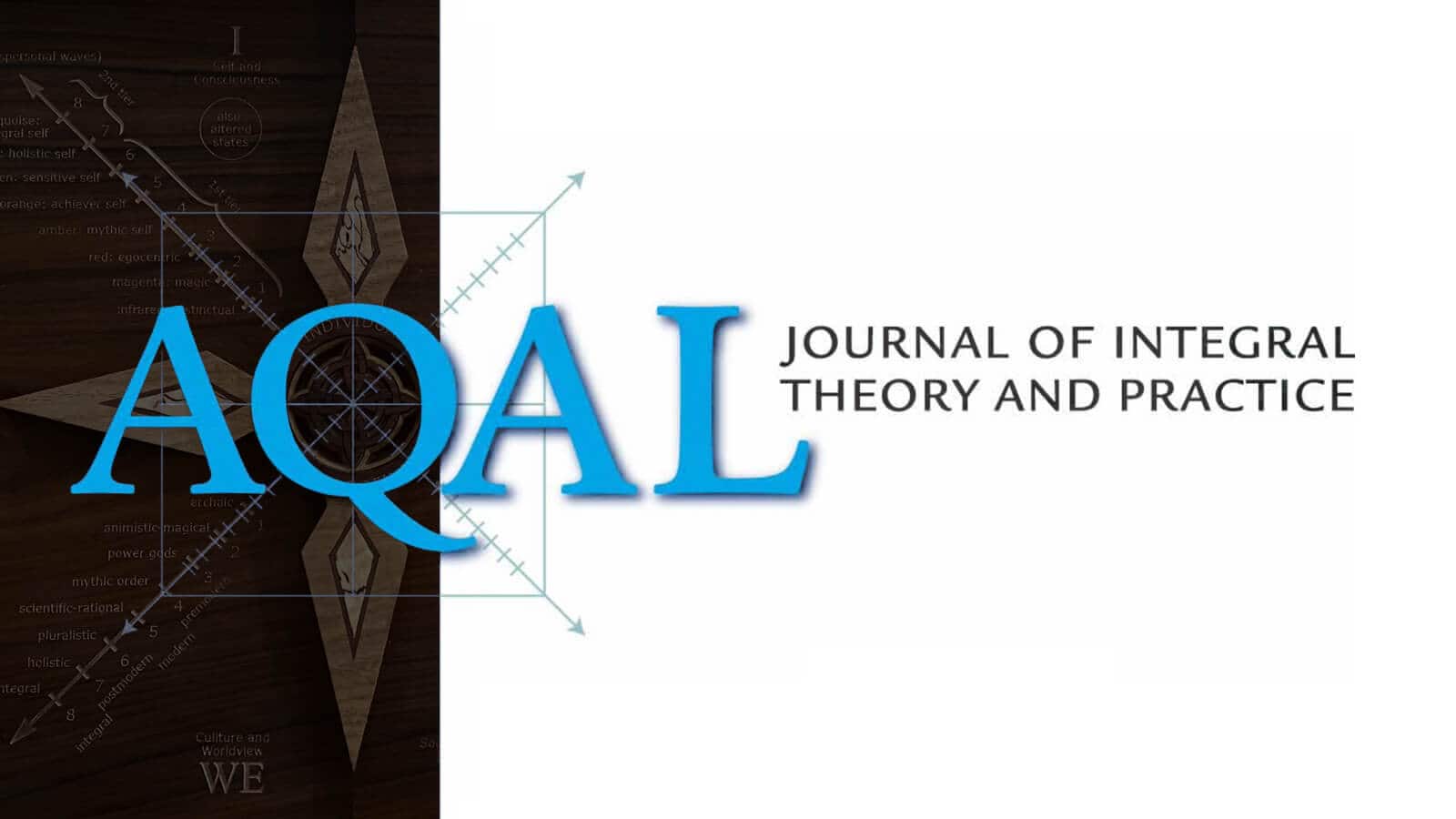Integral Theory is described as a “nondual” developmental paradigm, where ontology and epistemology are paired constructively, and in which developing consciousness is sourced by thought, feeling, and states of consciousness. Emotional and cognitive development intertwine within ego development, and ego is defined by its coordinating and self-identifying functions. Following a review of the literature on emotions and emotional development, criteria are proposed for preconventional, conventional, and post-conventional levels of emotional development.


 September 20, 2023
September 20, 2023 
